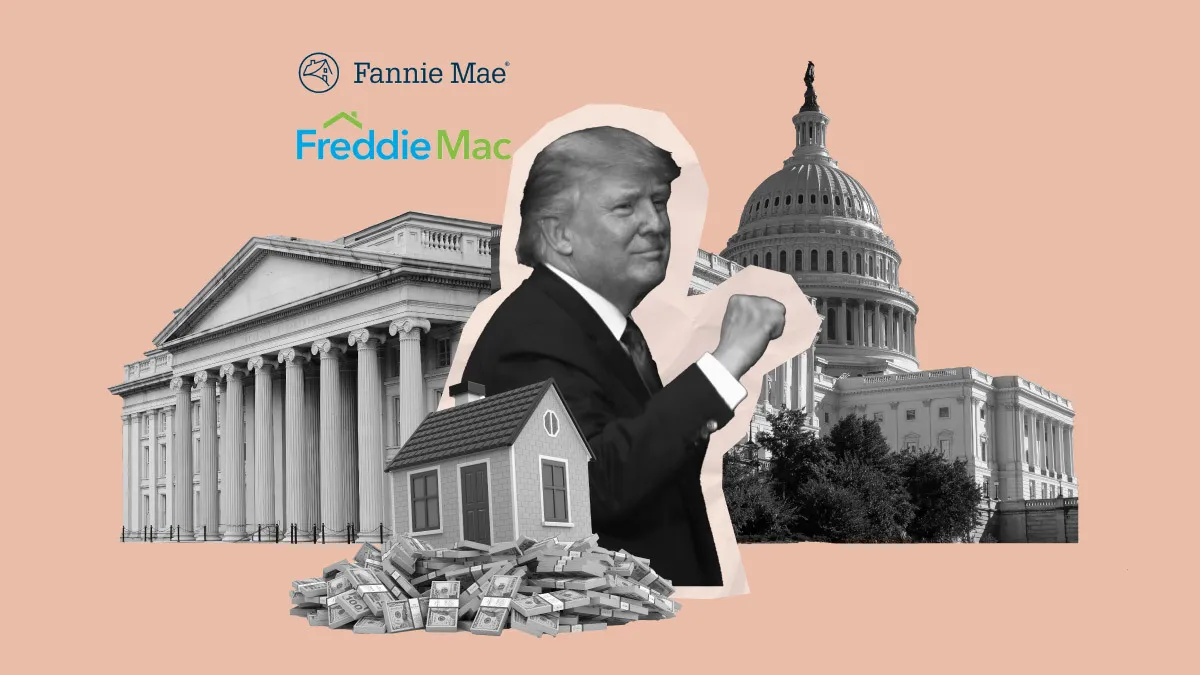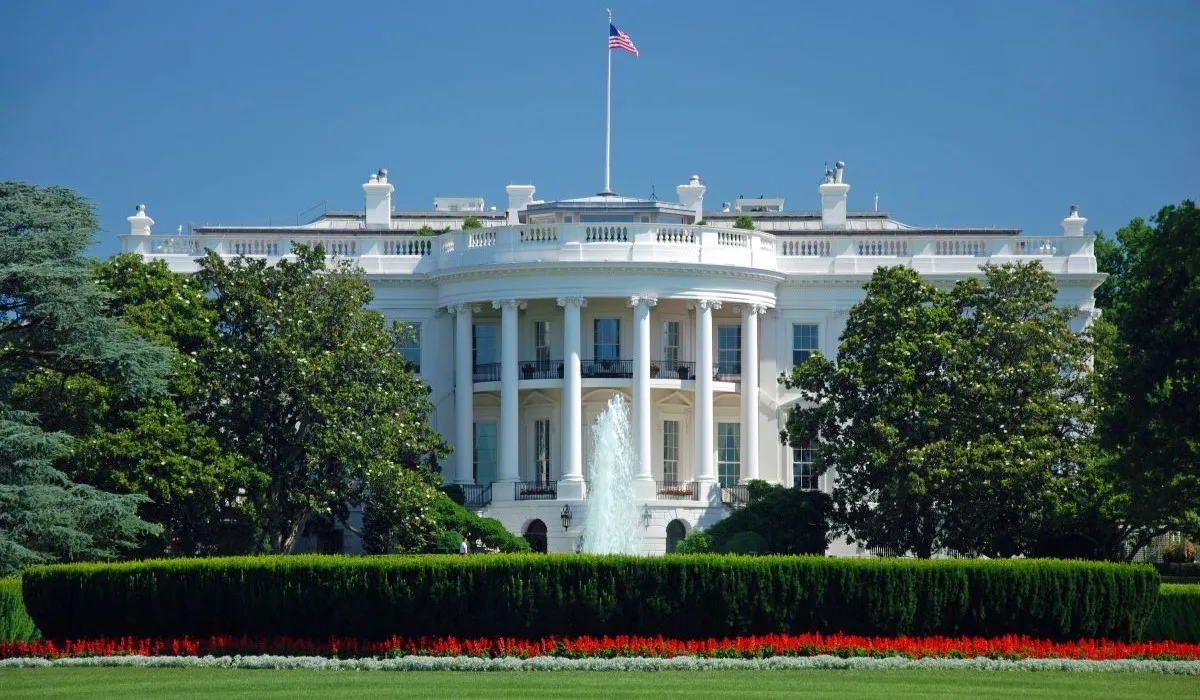CBO reports better terms for GSEs to repay the treasury

As the mortgage industry debates the future of Fannie Mae And Freddie Mac under the incoming Trump administration, the Congressional Budget Office (CBO) released a study Friday showing that a recapitalization of the government-sponsored enterprises (GSEs) could benefit the economy. US Department of the Treasury in most scenarios.
This follows a separate CBO study on Thursday, which found that the federal government could save $14.7 billion by expanding an add-on to guaranty fees and imposing stricter limits on conforming base loan purchase limits, which have increased since 2016.
In a review of a 2020 analysis, the nonpartisan CBO concluded that under current conditions, the GSEs would raise money to redeem the Treasury’s ownership stake in Fannie and Freddie in nearly 60% of the 250 scenarios considered. In 2020, in contrast, this outcome occurred in only 12% of scenarios.
The updated analysis, which explored the possibility of recapitalizing the GSEs through administrative action, was requested by Rep. Patrick McHenry, the outgoing chairman of the House Financial Services Committee.
Under the scenarios under consideration, the GSEs will retain earnings for an initial period of three or five years before selling their common stock to investors, replacing the Treasury’s estimated $190 billion ownership interest. The Treasury’s warrants, which grant it the rights (but not the obligation) to purchase common stock at a nominal price in the future, expire on September 7, 2028.
The report evaluates factors such as the recapitalization period, capital requirements, earnings growth and shareholder value estimates. But a lot has changed since the first analysis in 2020.
In December 2019, Fannie Mae and Freddie Mac reported $24 billion in capital, representing 0.4% of their $5.7 trillion in total assets. By December 2023, their capital had grown to $125 billion, or 1.6% of their $7.6 trillion in assets.
Asset and income growth exceeded assumptions in the 2020 CBO analysis, largely due to rising home prices. The increase in home values increased the principal balances of the mortgages guaranteed by the GSEs through their mortgage-backed securities and improved their overall financial performance.
“The potential value of the GSEs to investors is now greater than at the time of the previous analysis, resulting in more scenarios in which the GSEs could be recapitalized through the sale of common stock and repay the Treasury for its interest in the stock. companies,” the CBO report said.
Changes to conforming limits
In a separate study released Thursday, the CBO reported that under current law, the cost of the GSEs’ mortgage guarantees is expected to exceed the fees they collect.
The GSEs operate by purchasing mortgages from lenders, aggregating them into mortgage-backed securities (MBS) and selling them to investors while guaranteeing them against losses due to defaults in exchange for a fee.
To address this financial shortfall, the CBO has recommended extending the additional 10 basis points per year levy paid to the Treasury as part of the GSEs’ guarantee fees for an additional two years – until 2034. This would the remuneration will remain at an average of 58 basis points, consistent with the expected level in 2025.
A second proposed alternative is to eliminate the higher borrowing limit in high-cost areas and limit the cap to $691,800 – about 10% higher than the maximum limit – for other areas.
At the end of last month the Federal Agency for Housing Financing (FHFA) has set a new basic conforming loan limit of $806,500 for one-unit homes in 2025. For areas where 115% of the local average home value exceeds this basic limit, the Housing and Economic Recovery Act (HERA) sets the ceiling at 150 euros. % of the basic limit. Ultimately, the high loan limit for single-unit properties will be $1,209,750 next year.
Expanding the additional basis points of guarantee fees and lowering the conforming limits could save the government $14.7 billion between 2025 and 2034, the CBO estimates.




